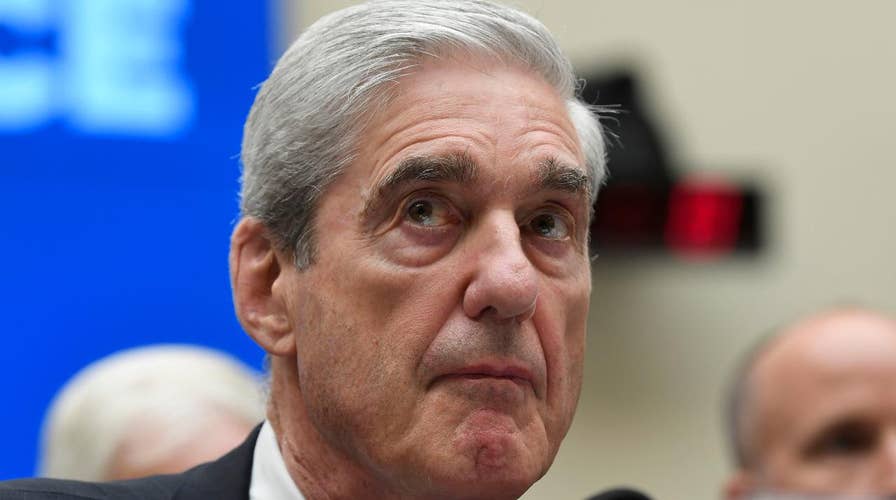Robert Mueller rejoined the WilmerHale law firm on Tuesday, following a nearly three-year hiatus as he served as special counsel investigating Russian meddling and potential collusion with Trump campaign associates during the 2016 presidential election.
Mueller’s role at the prominent Washington D.C. law firm will focus on high-profile investigations and crisis management, similar to his work there before being appointed special counsel in 2017.
“We couldn’t be happier to have Bob, our extraordinary friend, and colleague, return to WilmerHale,” Robert Novick, the firm’s co-managing partner, said in a statement Tuesday. “Few lawyers have been entrusted with as many matters of national significance as Bob, in both his public service and in private practice. Bob embodies the highest values of our firm and profession. We’re privileged to work alongside him once again.”
Mueller said in a statement he was “glad” to be at WilmerHale again, calling it a firm with “a tradition of honoring public service.”
“It was an honor to serve as special counsel,” he said. “Now, I look forward to resuming my private practice alongside the talented lawyers at the firm.”
Mueller deputies James Quarles and Aaron Zebely, who both worked at the firm prior to joining the special counsel’s office, are also returning to WilmerHale.
Other top investigators who worked alongside Mueller also have landed on their feet since shuttering the special counsel’s office. Michael Dreeben joined Georgetown Law School; Andrew Weissman joined New York University Law and has signed a book deal with Random House; Andrew Goldstein joined Cooley law firm; Zainab Ahmad joined law firm Gibson, Dunn & Crutcher LLP; Greg Andres returned to Davis Polk & Wardwell LLP; and Jeannie Rhee, who formerly served at WilmerHale, joined Paul Weiss as a partner.
Meanwhile, some former prosecutors on Mueller’s team have returned to public service—like Brandon Van Grack, who is now leading the effort at the Justice Department to enforce the Foreign Agents Registration Act (FARA).
In May, Mueller announced the closing of his office and detailed the findings of the Russia investigation, reporting that there “was not sufficient evidence to charge a conspiracy” with regard to whether members of the Trump campaign coordinated with the Russian government during the 2016 presidential election.
Mueller, though, left the door open on whether the president obstructed justice.
“If we had had confidence that the president clearly did not commit a crime, we would have said that,” Mueller said. “We did not determine whether the president did commit a crime.”













































